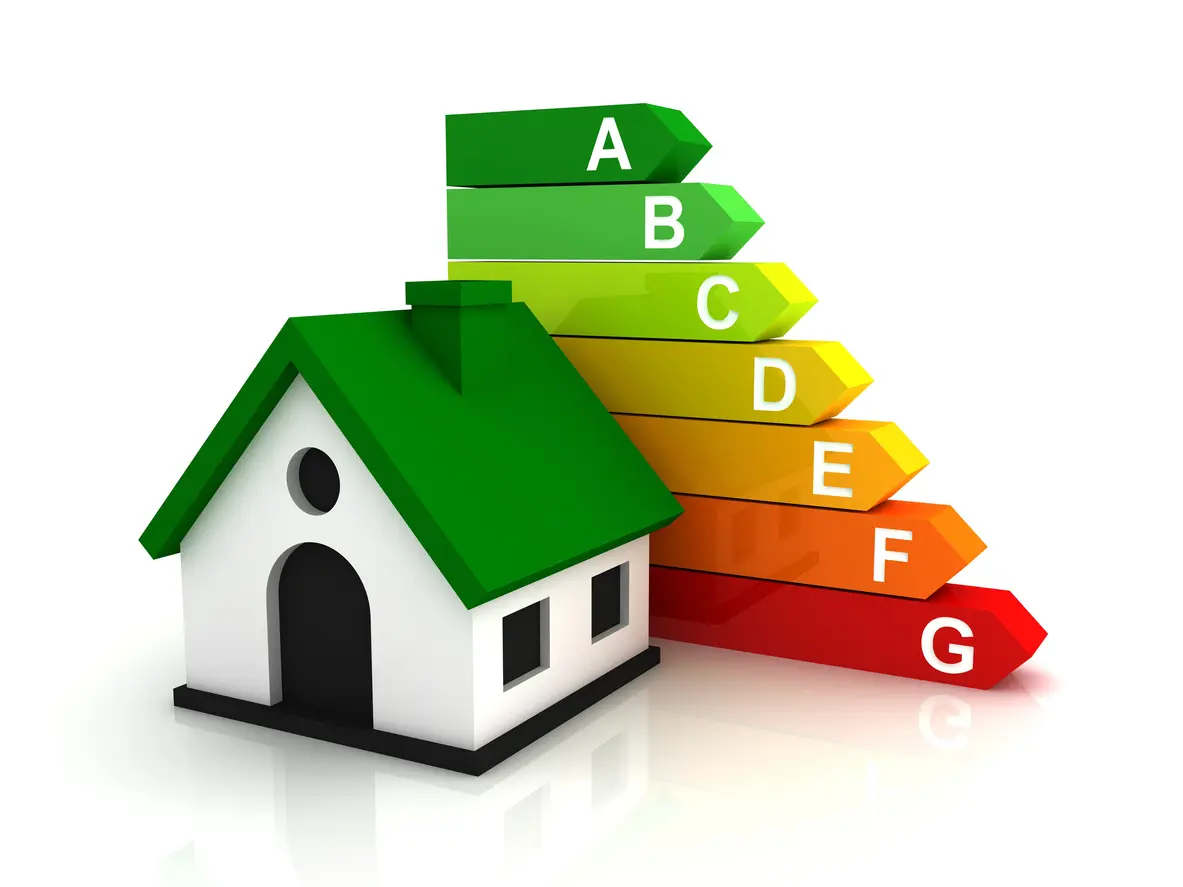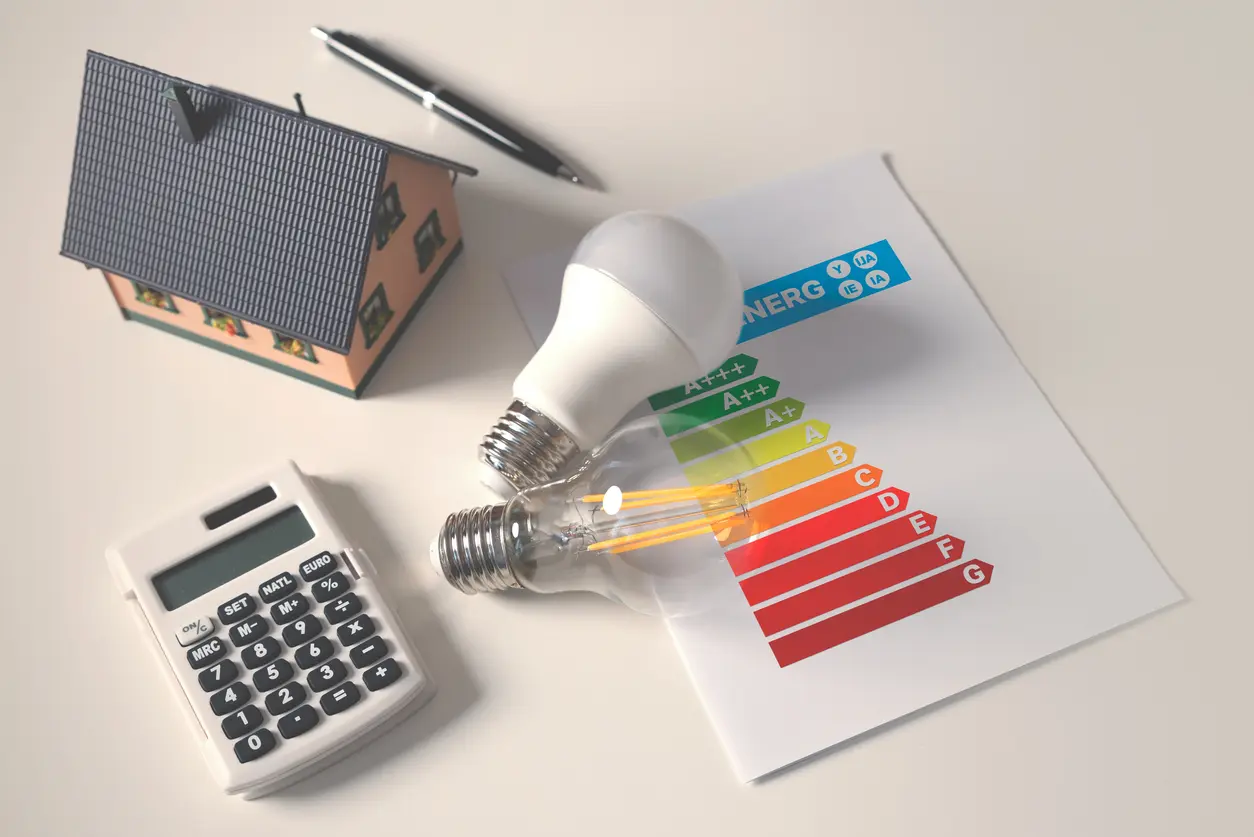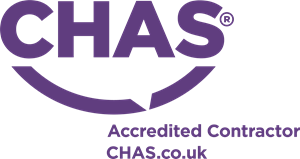Minimum energy efficiency standards (MEES)
From April 2018, the EPC requirements for landlords mean all privately rented properties are required to have a minimum energy performance rating of ‘E’ on an Energy Performance Certificate (EPC). Landlords will not be able to enter any new tenancies unless the property is rated E or above unless there is an applicable exemption. A civil penalty of up to £5000 will be imposed for breaches.
The Minimum Energy Efficiency Standards are likely to pose significant challenges given that privately rented homes are generally older and harder to make energy efficient – half a million homes in the UK fail to meet these standards.
As 10% of privately rented properties fail to meet these standards, this could leave landlords with a big headache, and a big bill.
Since April 2016, EPC requirements for landlords state that private residential landlords are not able to unreasonably refuse a tenant’s request for energy efficiency improvements if the property is rated F or G (but they may not have to pay for it yet). ECO Funding can help with this, subject to survey and the condition of the existing property. Get in touch with us today to see how ECO Providers can help and also read our blog on how landlords can improve the EPC rating.

Planning for the future
As of 1st April 2020, all domestic properties with existing tenancies will need to satisfy the EPC requirements for landlords of a rating above an ‘E’ or have a valid exemption. Non-domestic properties will need to satisfy the Minimum Energy Efficiency Standards (MEES) by April 2023. These deadlines will approach quickly as the 2018 deadline did and therefore when undertaking works on properties the Energy Performance of the property should be kept in mind throughout.
In addition, the Government have previously declared their proposals to raise the standards further, lifting landlord EPC requirements to Band D by 2025, and Band C by 2030.



















